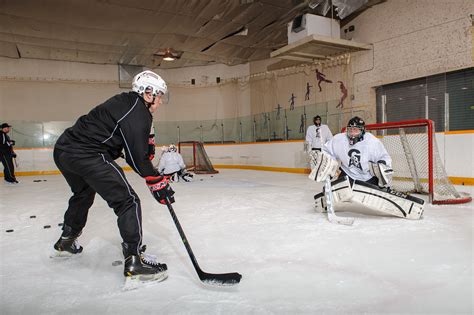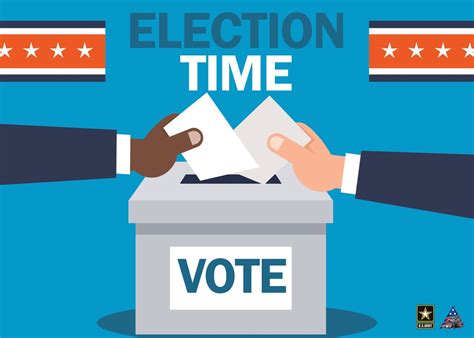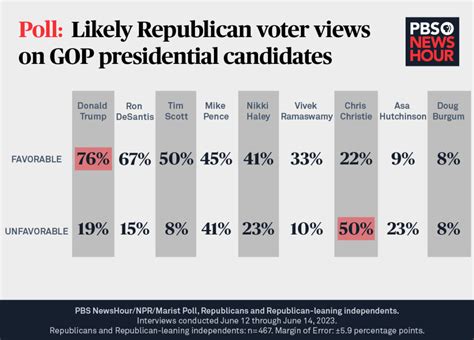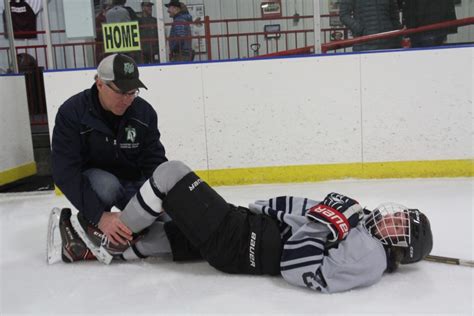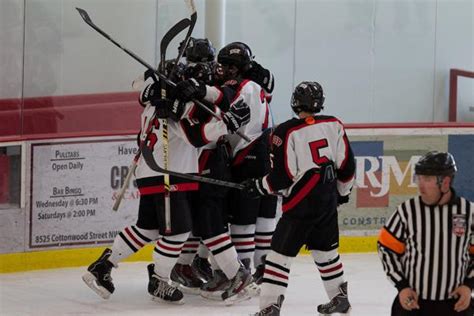Explore essential insights on hockey camps for skill development, choosing the right camp, maximizing training, nutrition tips, tracking improvements, and FAQs.Are you ready to elevate your hockey skills and make the most of your off-season? Welcome to our comprehensive guide on hockey camps, where expert coaches and tailored training programs converge to unlock your true potential on the ice. Whether you’re a beginner looking to learn the basics or an advanced player aiming to refine your technique, hockey camps offer invaluable opportunities for skill development and growth. In this article, we’ll explore the importance of choosing the right camp, maximizing your on-ice training, and the essential nutrition strategies that can fuel your success. By the end, you’ll have the tools you need to track your progress and make informed decisions for your hockey journey. Let’s dive in and discover how to make your off-season your best season yet!
Understanding The Importance Of Hockey Camps For Skill Development
Participating in Hockey Camps provides an invaluable opportunity for players to enhance their skills in a focused environment. These specialized camps are designed to cater to various skill levels, ensuring that both beginners and advanced players can benefit from targeted training. Here are some key reasons why Hockey Camps are crucial for skill development:
- Expert Coaching: Often led by experienced coaches and former players, Hockey Camps provide access to expert training techniques that players might not encounter in regular practice sessions. This specialized coaching can lead to significant improvement in skills.
- Focused Skill Development: Camps typically have a curriculum that revolves around specific skills such as skating, shooting, passing, and game tactics. This structured approach allows players to concentrate on their weaknesses and refine their strengths.
- Increased Play Time: Unlike typical team practices, Hockey Camps afford players more on-ice time. This extra ice time is essential for developing muscle memory and improving overall game performance.
- Team Dynamics: Many Hockey Camps encourage teamwork through drills and scrimmages. Learning to communicate effectively with teammates and developing chemistry on the ice is vital for any player’s success in competitive settings.
- Competitive Environment: Camps often involve drills and games that push players to perform at their best. This competitive atmosphere can inspire players to set higher standards for themselves and strive for continuous improvement.
- Off-Ice Training: Many camps offer complementary off-ice training sessions, such as strength conditioning and agility drills, which are critical for overall athletic development.
Hockey Camps are an essential component of any player’s off-season training program. They provide an opportunity for players to significantly enhance their skills, receive expert coaching, and develop a deeper understanding of the game, all while fostering teamwork and sportsmanship.
How To Choose The Right Hockey Camp For Your Needs
When it comes to selecting the perfect Hockey Camps for your training, there are several factors to consider to ensure that your experience is both enjoyable and beneficial. Here are some key elements to keep in mind:
1. Define Your Goals: Start by outlining what you want to achieve from the camp. Are you looking to improve specific skills, enhance your fitness level, or gain experience in competitive play? Defining your goals will help narrow your options.
2. Age and Skill Level: Make sure the camp is appropriate for your age group and skill level. Many Hockey Camps cater to particular age brackets or skill divisions, ensuring that you receive tailored instruction that matches your experience.
3. Camp Format: Consider the structure of the camp. Some camps focus heavily on skill development, while others may include competitive scrimmages or off-ice training. Look for a program that aligns with your training philosophy and goals.
4. Coaching Staff: Research the backgrounds and qualifications of the coaches involved in the camp. Experienced and knowledgeable instructors can make a significant difference in your skill development and overall experience.
5. Location and Facilities: The camp’s location and the quality of its facilities can impact your training experience. Consider camps that are easily accessible and offer modern amenities, ice quality, and training resources.
6. Testimonials and Reviews: Seek feedback from previous campers. Online reviews and testimonials can provide valuable insights into the camp’s reputation, environment, and effectiveness.
7. Cost and Value: Evaluate the camp’s pricing in relation to what it offers. Higher costs don’t always guarantee better results, so aim for a camp that provides good value for the investment you are making in your development.
8. Schedule and Duration: Check the duration of the camp and whether the schedule suits your availability. Some camps may offer weekend sessions, while others are structured for an entire week or longer.
By taking these factors into account, you can make a more informed decision when choosing the right Hockey Camps that will help maximize your off-season training and ultimately enhance your performance on the ice.
Maximizing On-Ice Training During Hockey Camps
One of the key components to achieving success at Hockey Camps is maximizing your on-ice training. Participants can take advantage of the structured environment to refine their skills, enhance their technique, and improve their overall gameplay. Here are several strategies to ensure you make the most of your on-ice training:
- Prioritize Skill Drills: Focus on drills that target your weak areas. Whether it’s skating, shooting, or passing, dedicated time should be spent enhancing these skills to elevate your performance.
- Engage with Coaches: Take advantage of the expertise provided by coaches. Don’t hesitate to ask for feedback or tips during your sessions to understand how to correct mistakes and improve your proficiency.
- Set Specific Goals: Before each session, outline what you aim to achieve. By having clear objectives, you can concentrate your efforts, track your progress, and measure success.
- Practice Game Scenarios: Simulating game situations can better prepare players for real matches. Work on positional play, teamwork, and strategic decision-making during these practice scenarios.
- Maximize Ice Time: Arrive early to warm up and stay late to practice on your own. Utilizing all available ice time will have a significant impact on your skill development.
- Stay Mentally Engaged: On-ice training isn’t just physical; it requires mental focus as well. Stay attentive during drills, visualize successful plays, and maintain a positive attitude throughout the camp.
By implementing these strategies, athletes can effectively enhance their skills and make the most out of their time at Hockey Camps, which lays a solid foundation for their future games and practices.
Nutrition And Preparation: Fueling Your Hockey Camp Success
To make the most of your time at Hockey Camps: proper nutrition and preparation are crucial components of your training regime. Fueling your body correctly will not only enhance your performance on the ice but also aid in recovery and overall well-being.
Here are some key areas to focus on:
| Food Group | Importance | Examples |
|---|---|---|
| Protein | Repairs muscles and supports growth | Chicken, fish, eggs, legumes |
| Carbohydrates | Provides energy for high-intensity training | Pasta, rice, fruits, vegetables |
| Fats | Supports hormone production and nutrient absorption | Nuts, avocados, olive oil |
| Hydration | Maintains optimal physical and mental performance | Water, electrolyte drinks |
In addition to these food groups, consider the following strategies to ensure you’re getting the most out of your Hockey Camps:
- Meal Timing: Consume balanced meals and snacks before and after training sessions for sustained energy levels and recovery.
- Pre-Camp Planning: Prepare meals in advance to avoid unhealthy choices when you’re busy with camp activities.
- Supplements: Consult with a nutritionist to determine if any sports supplements could complement your diet and support your training objectives.
By focusing on nutrition and preparation, you can significantly enhance your performance and enjoyment during hockey camps, setting the stage for improved skills and development on the ice.
Tracking Improvements After Attending Hockey Camps
Tracking your progress after attending Hockey Camps is crucial for assessing the effectiveness of your training and identifying areas for further development. Here are some strategies to measure your improvements effectively:
1. Set Clear Goals: Before attending a camp, set specific, measurable, achievable, relevant, and time-bound (SMART) goals. Post-camp, revisit these goals to evaluate your progress.
2. Utilize Performance Metrics: Keep track of performance metrics that matter for your development. This can include:
| Metric | Before Camp | After Camp |
|---|---|---|
| Skating Speed (seconds for 40m) | 5.5 | 5.2 |
| Shot Accuracy (% on target) | 60% | 75% |
| Cross-Checks Reduced | 5 | 2 |
3. Solicit Feedback: Reach out to coaches and instructors from the camp for feedback on your performance and areas of improvement. This can provide insights that numerical data may not capture.
4. Video Analysis: If possible, record your gameplay during practices or games following the camp. Comparing this footage to earlier recordings can highlight advancements in your skills and technique.
5. Peer Assessments: Collaborate with teammates to provide and receive constructive feedback. Their perspectives can often lead to new insights regarding your playing style.
6. Reflect on Mental Skills: Evaluate your mental resilience, decision-making, and game awareness since attending the camp. Documenting this progress can be enlightening, especially in the context of how these skills contribute to your overall performance.
By systematically tracking your enhancements following Hockey Camps, you not only celebrate your progress but also create a roadmap for your future training endeavors.
Frequently Asked Questions
What are hockey camps and why are they important?
Hockey camps are specialized training programs designed to enhance players’ skills during the off-season. They provide targeted coaching and competitive practice, which are essential for player development.
What skills can players expect to improve at a hockey camp?
Players can expect to improve various skills such as stickhandling, shooting accuracy, skating speed, and tactical understanding of the game. Camps often include drills that cater to both individual and team skills.
How do I choose the right hockey camp?
Choosing the right hockey camp involves considering factors like the camp’s focus (skills development, position-specific training), the experience of the coaching staff, the camp’s location, and its reputation in the hockey community.
Are there different types of hockey camps?
Yes, there are several types of hockey camps, including skills camps, elite training camps, goalie camps, and family-oriented camps. Each type provides distinct benefits tailored to different levels and aspects of player development.
What should players bring to a hockey camp?
Players should bring their hockey gear, including skates, stick, helmet, and pads. Additional items like water bottles, training clothes, and personal items for off-ice activities are also recommended.
How can players maximize their experience at a hockey camp?
To maximize their experience, players should come prepared with a positive mindset, be willing to learn and work hard, actively seek feedback from coaches, and engage with teammates to build camaraderie and collaboration.
What are the long-term benefits of attending a hockey camp?
Long-term benefits of attending a hockey camp include improved individual skills, increased confidence on the ice, greater understanding of game strategies, enhanced physical conditioning, and expanded networking opportunities with coaches and peers.

